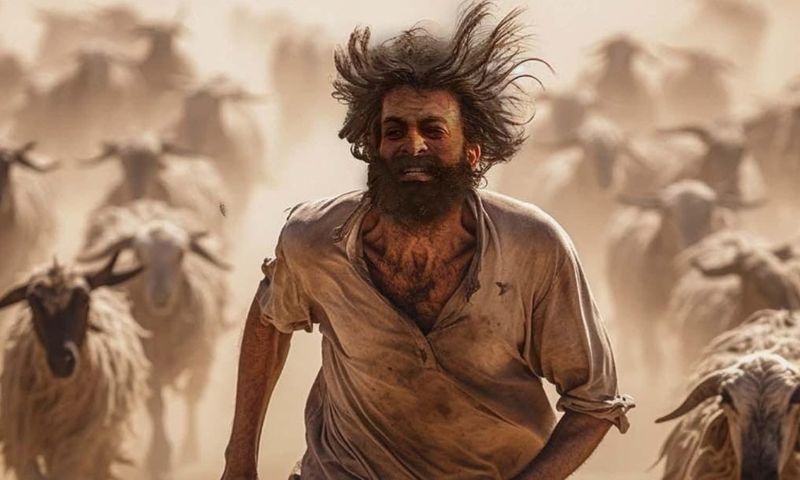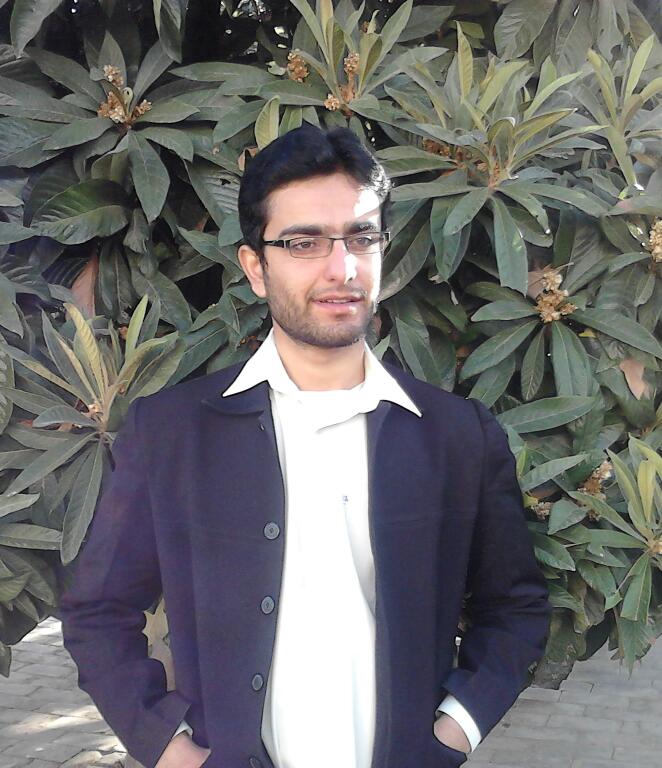Indian cinema has always been a global force, known for its rich storytelling, vibrant musical scores, and strong cultural narratives. However, in recent years, it has taken a troubling turn with the rise of films that propagate anti-Muslim sentiments, often aligning with majoritarian Hindu nationalist ideologies. One such recent release, Goat Life, has struck a particularly raw nerve in the Gulf States, leading to widespread criticism and even diplomatic strains. The movie has sparked outrage, the dangerous trend of anti-Muslim narratives in Indian films. It will have potential impact on the Indian diaspora in the Gulf region, particularly in the UAE.
Goat Life is the latest film to emerge from Bollywood, India’s sprawling and highly influential movie industry. The film, which tells the story of a young Hindu man’s conflict with his Muslim neighbors, has been accused of vilifying Muslims and promoting dangerous stereotypes that reinforce Islamophobic ideas. Although the filmmakers claim it is merely a “slice-of-life” drama, critics argue that it portrays Muslims as backward, violent, and intolerant.
The film’s title, Goat Life, is itself a play on Islam’s association with the sacrificial animal during Eid al-Adha, a sacred festival for Muslims. The title is being interpreted as a slur, aimed at mocking Islamic traditions, and reducing the faith’s sacred customs to caricature. The movie’s narrative appears to deepen already existing tensions between India’s Hindu majority and its significant Muslim minority.
For many, Goat Life is not an isolated incident but part of a troubling trend in Indian cinema. Movies like The Kashmir Files and Tanhaji have been criticized for their strong anti-Muslim undertones. These films often portray historical and modern conflicts in a way that demonizes Muslims and reinforces dangerous stereotypes, while catering to Hindu nationalist audiences. In a country where Islamophobia is on the rise, these films are being seen as more than just entertainment—they are considered a dangerous political tool.
Goat Life has sparked outrage across the Gulf States, home to millions of Indian expatriates. The UAE, Kuwait, and Qatar have all expressed deep concerns over the film, with some governments even considering banning it from their theaters. Social media across the Gulf has been ablaze with hashtags calling for a boycott of Indian films, with #BanGoatLife and #BoycottIndianCinema trending in several countries.
Diplomats from various Gulf States have reportedly conveyed their displeasure to the Indian government, highlighting that films like Goat Life have the potential to strain India’s relationships with its Gulf allies. For decades, India and the Gulf nations have shared strong economic ties, with millions of Indians working across the region, sending back billions of dollars in remittances each year. The growing influence of anti-Muslim narratives in Indian cinema threatens to jeopardize these ties.
The rise of anti-Muslim sentiment in Indian films is no coincidence. It comes at a time when India is witnessing a surge in Hindu nationalism under the leadership of the ruling Bharatiya Janata Party (BJP). The party has been accused of fueling communal tensions and turning a blind eye to the increasing instances of mob violence and hate crimes against Muslims. Bollywood, which traditionally has been a melting pot of diverse stories, is now being criticized for becoming a platform to propagate nationalist and often divisive narratives.

Films like Goat Life are not just isolated incidents of creative expression. They appear to be part of a larger cultural shift where mainstream Indian cinema is increasingly catering to Hindu vigilante groups and right-wing audiences. These groups, often self-styled protectors of “Hindutva” (Hindu-ness), have been increasingly vocal about their disdain for India’s Muslim population. By pandering to such audiences, filmmakers are seen as complicit in the growing Islamophobia that is taking root in Indian society.
The narrative of Muslims as “the other” has become a recurring theme in recent Bollywood films. Historical epics often show Muslim rulers as invaders and oppressors, while modern-day dramas depict Muslims as violent and intolerant. The Gulf region is home to over 9 million Indians, a significant portion of whom are Muslims. These expatriates have built a reputation for their hard work and contributions to the local economies, particularly in Saudi Arabia and the UAE. However, films like Goat Life threaten to upend the goodwill that the Indian diaspora has built over the decades.
In countries like Saudi Arabia and the UAE, where Islam is the dominant religion, such films are viewed as direct attacks on their cultural and religious values. Indian expatriates, especially those working in these countries, may find themselves increasingly isolated or even under scrutiny, as locals become more aware of the growing Islamophobia in Indian media.
As the backlash against Goat Life continues to grow, it is clear that Indian cinema has a responsibility to recognize its global influence and tread carefully when dealing with sensitive cultural and religious subjects. For the millions of Indians living in the Gulf, the stakes are high, and the consequences of such divisive media could be severe. The challenge now lies in finding a way to reconcile creative expression with the need for cultural sensitivity in an increasingly interconnected world.























